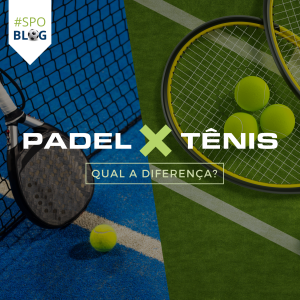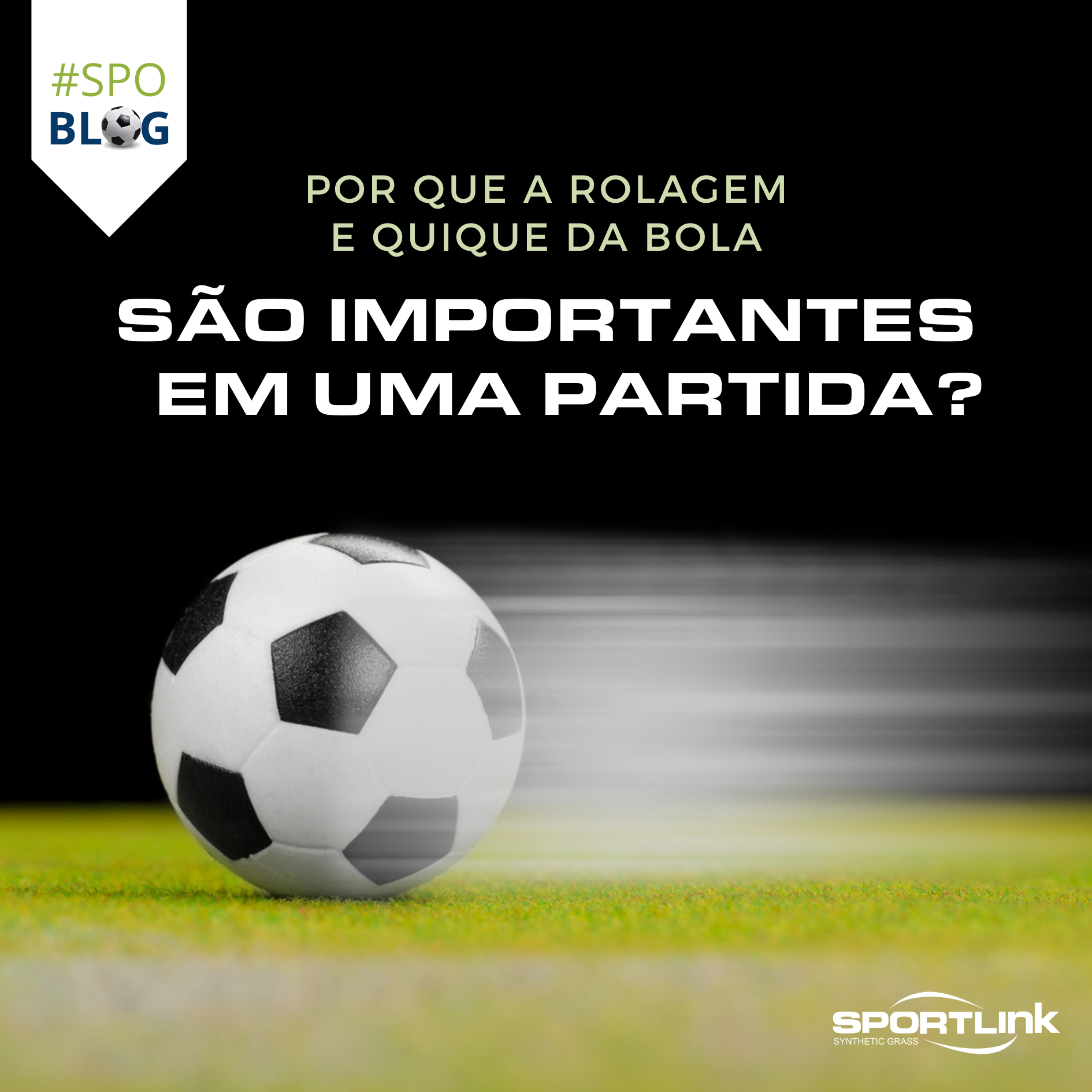[:pb]
The use of Synthetic grass on professional football fields has encountered a lot of resistance from the world of sport. Much because of traditionalism, but also for other reasons. Even so, the Synthetic grass is increasingly accepted and used.
In the Brazilian case, controversy predominated in the discussion on the subject. At the beginning of 2017, the technical council of the CBF (Brazilian Football Confederation) controversially decided to ban stadiums with Synthetic grass of the Brazilian Championship.
The measure, which in theory begins to take effect in 2018, was mainly authored by Vasco's top hat Eurico Miranda. To defend his point, Eurico argued that this type of flooring is harmful to athletes, who would run a greater risk of injury — an argument that has already been refuted by experts.
In reality, the reason behind the veto on Synthetic grass It originates from the campaign of the only Brazilian club that has already adhered to the model: Atlético Paranaense, owner of Arena da Baixada, one of the most modern stadiums in the country.
Unbeatable Atlético in Synthetic grass
The year 2016 was magical for many athletes. The Curitiba club had the best performance as home team among all 20 teams in the Brazilian first division. In 19 matches at their stadium, the success rate was close to 84% — only two defeats, only six goals conceded.
For detractors, the reason for Atlético's great journey in the national tournament was, precisely, the Synthetic grass from Arena da Baixada. In the view of backward managers, like Eurico Miranda, if Furacão (Atlético-PR's nickname) played so well at home, it was because of the pitch.
A Synthetic grass at Arena da Baixada
Opened in 1999, after renovation in which it was practically rebuilt from scratch, the Arena da Baixada went through ups and downs with its natural grass. Especially in 2014, when it hosted World Cup matches, the Arena's pitch was severely criticized.
To appease criticism and improve conditions at home, Atlético installed the Synthetic grass. The main reasons were the low humidity in the capital of Paraná (which experiences a harsh and cold climate for much of the year) and the intention of using the field for other types of events. Because it is more resistant, Synthetic grass It is more capable of being used in shows, for example.
In March, Arena da Baixada had its FIFA Pro certificate renewed. Authorization from the highest authority in world football serves as the highest level of certification of pitch quality.
Veto to Synthetic grass don't scare
A lot of water must still flow under the bridge, as the saying goes. In the assembly in which Eurico and other leaders vetoed the Synthetic grass for 2018, not only Atlético-PR expressed opposition to the measure.
Among the opposites, Palmeiras stood out. The alviverde club has been studying for some time to put the Synthetic grass in your Allianz Park. The reason would be the large number of shows at the stadium, which affects the quality of the grass for the games.
More news should emerge by 2018 and new discussions will take place until then. While the whole world assimilates the Synthetic grass In professional football, Brazil still faces some resistance from old foxes of the sport.
Talk to Sports link
A Sports link specializes in manufacturing, maintenance and consultancy on synthetic grass projects. Being recognized for the performance and quality of its Synthetic grass for the sports and recreational segment.
A reference in the market, it is ready to meet various demands related to synthetic grass. Contact us and ask for a quote.
The use of synthetic turf On the professional football courts he faced a lot of resistance from the world of sports. Much of it is due to traditionalism, however, there are also other reasons. Then, he synthetic turf is becoming increasingly accepted and used.
In the case of Brazil, the controversy predominated in the discussion on the topic. At the beginning of 2017, the technical council of the Brazilian Football Confederation (la “CBF”) controversially adopted the decision to ban stadiums with synthetic turf of the Brazilian Championship.
The ban, which in theory has been in force since 2018, was the main author of the former director of the Vasco football club, Eurico Miranda. To defend his point of view, Eurico argued that this type of floor is harmful to players, who would run a greater risk of injury. However, this argument was denied by experts.
In reality, the real reason for the aforementioned prohibition of artificial grass Its origins in the campaign of the only Brazilian club that uses this team model: Atlético Paranaense, dueño de la Arena da Baixada, one of the most modern stadiums in the country.
Atlético unbeatable in it synthetic grass
The year 2016 was a magical year for many athletes. The Curitiba club had the best performance among all 20 teams in the first Brazilian division. In 19 matches at its stadium, the club had a positive performance of around 84%, suffering only 2 defeats and 6 goals.
For detractors, the reason for Atlético's great journey in the national tournament was, precisely, the use of synthetic turf at the Arena da Baixada. In the view of some leaders, such as Eurico Miranda, Furacão (Atletico-PR's nickname), played well in his stadium due to the use of a synthetic goal.
El synthetic grass at the Arena da Baixada
Opened in 1999, after a renovation where it was practically rebuilt since 0, the Arena da Baixada lasted for many good and bad moments with its natural height. Especially in 2014, when he received World Cup matches, the Arena leader was severely criticized.
To deter criticism and improve conditions in their stadium, Atlético opted for artificial grass. The main reasons were the low humidity of the capital of Paraná which presents a severe and cold climate for much of the year and the intention of using the field for other types of events. As it is a more resistant piece, it has greater conditions for being used in concerts, for example.
In March, the Arena da Baixada obtained the renewal of its FIFA PRO certificate. The authorization of the maximum authority for world football works as the highest level of quality certification for football courts.
The prohibition on synthetic grass don't scare
However, there is much to discuss. At the meeting, where Eurico and other directors vetoed the artificial ceiling for 2018, Atlético also demonstrated against the aforementioned measure. Among the teams against the veto, Palmeiras stood out. The club has been studying for some time the possibility of installing the synthetic roof at Allianz Parque. The reason would be the large number of concerts that the Palmeiras stadium receives annually, which harms the quality of the natural stadium for its players.
More news will emerge and new discussions will occur. While the entire world is increasingly aware of the artificial decline in professional football, Brazil still faces some resistance from influential people in sports.
Keep in contact with Sports link
Sports link is specialized in manufacturing, maintenance and consultancy in synthetic-ceped projects. Being recognized for the development and quality of his artificial career for the sporting and recreational sector.
Get in touch






